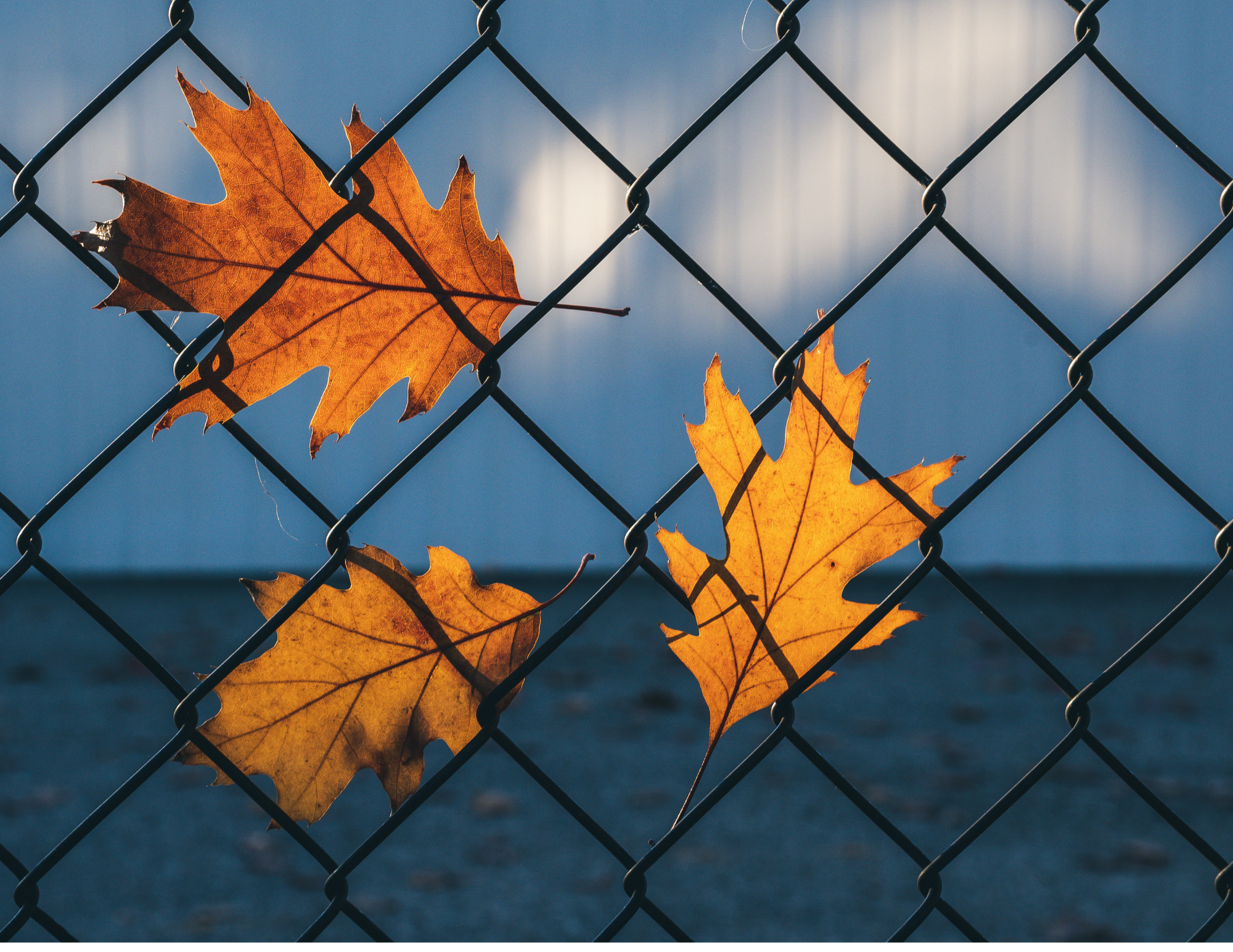The Link Between Trauma and Addiction
The Link Between Trauma and Addiction
Addiction isn’t a life goal—it’s an adaptation. It’s the body and mind’s way of saying “I can’t survive like this.”
We reach for substances, porn, relationships, or any form of preoccupation not because we’re reckless or broken, but because, for a moment, they soothe the unbearable ache inside. They offer relief from disconnection, from the gnawing emptiness that comes when our nervous system can’t find safety. For a few fleeting moments, the world softens, the noise quiets, and we can breathe. We will do almost anything to find and feel that temporary relief.
So the real question isn’t “Why the addiction?” but “What’s the pain beneath it?”
Addiction is not a moral failure. It’s not a weakness. It’s not brokenness in one’s character. Addiction is a response to wounds—most of them invisible, minimized, or dismissed by the very people we needed most.
Trauma as the Root
As Gabor Maté so often reminds us, trauma isn’t just about what happened to us—it’s about what didn’t happen for us. It’s about who wasn’t there. The safety we never received. The protection that never came.
Trauma can look like:
A parent who chose their abusive partner over protecting their child.
Being yelled at in moments when we most needed comfort.
Growing up in an environment where love was professed, but safety was never felt.
Living with the constant message, spoken or unspoken, that we are “not enough.”
Children absorb their emotional ecosystem. They learn how to love, attach and detach through watching and experiencing their caregivers. We don't just absorb what’s said—we absorb the energy, the tone, the silence, the sighs. If our caregivers are anxious, angry, or checked out, we don’t see it as their pain. We assume it’s ours. That we are the problem. That something is wrong with us.
That’s how shame takes root. And shame is the fuel that feeds addiction.
Over time, these injuries pile up, until the wound feels too large to bear. And so, we reach for anything—anything—to make the pain stop.
Why Sobriety Isn’t Enough
Most approaches to addiction focus on removing the substance or the behavior. And yes, that’s important—but it isn’t the full story. Because if the wound remains untended, the pain will find another outlet.
We don’t heal through sobriety alone. We heal through connection. Through compassion, through presence, through being held in community without judgement.
Healing begins when we are finally allowed to sit in our own skin without shame. When we feel safe enough to stop running from ourselves. And for many of us, this requires experiencing something new—consistent connection with safe, caring people who help us rewrite what safety even feels like.
Imagine if healing wasn’t something we had to go search for after everything fell apart. Imagine if healing was the water we swam in from the very beginning.
For Those Still Struggling
If you are in the grip of addiction—or love someone who is—please take this in: You are not broken. You are not alone. And you are not beyond love and repair. But here’s the hardest truth: healing will ask you to do the very things your coping mechanisms have told you not to do. For years, those patterns—isolating, numbing, pretending you’re fine—have said that you’re alone and that you can only depend on yourself. Addiction thrives in our silence.
Recovery requires you to reach deep within yourself and choose differently. To go against the grain of self-protection and lean on others instead. It means asking for help, letting yourself be seen, and practicing vulnerability in your emotions—even when every part of you wants to shut down or hide.
This isn’t weakness; it’s the bravest work you will ever do. Because when you let someone in—when you risk showing your trembling, aching humanity—you begin to experience a new kind of safety. One that isn’t built on escape, but on genuine connection. This is how we return home to ourselves.
Something better is possible. And it starts with the smallest act of reaching for connection—even if it’s just whispering to yourself: “I deserve more than survival.”
About The Author
Jenean Cervantes has a master's in clinical psychology from Antioch University and is an associate marriage and family therapist (AMFT138534) supervised by Jeremy Mast, MS, MDiv, LMFT, CSAT, CPTT (CA90961). She helps heterosexual, queer and polyamorous couples on restoring intimacy, trust and guiding long-lasting changes to the relationship. Jenean also works with men with issues of intimacy, partner communication, emotional regulation, infidelity and childhood trauma. Jenean is currently receiving training in Terry Real's Relational Life Therapy. Jenean also has received training in mindfulness techniques, attachment-based and psychodynamic modalities. She interacts with her clients from a trauma-informed, client-centered perspective.


